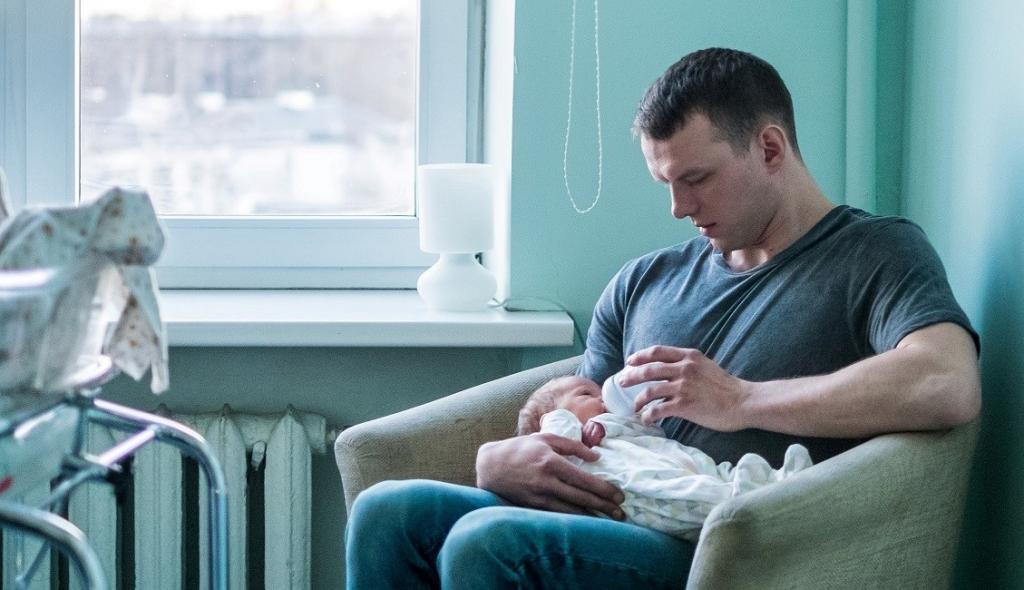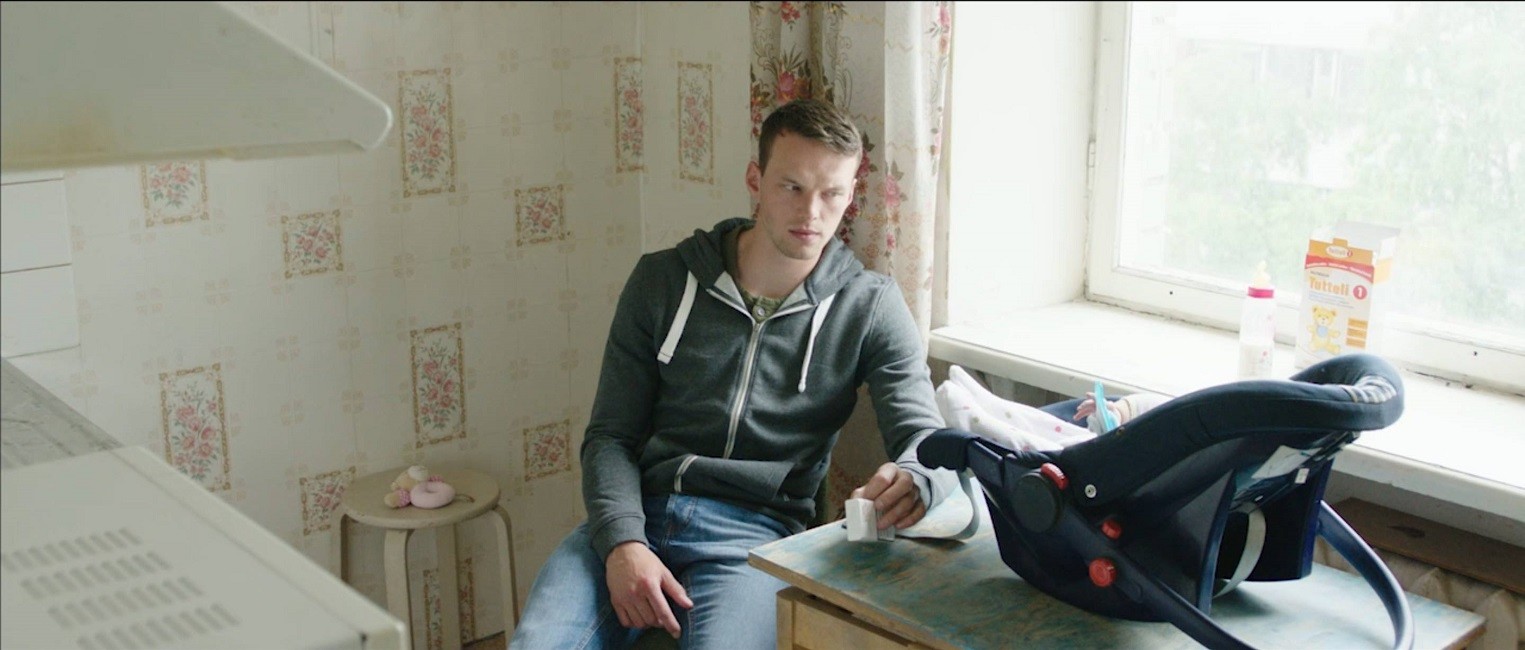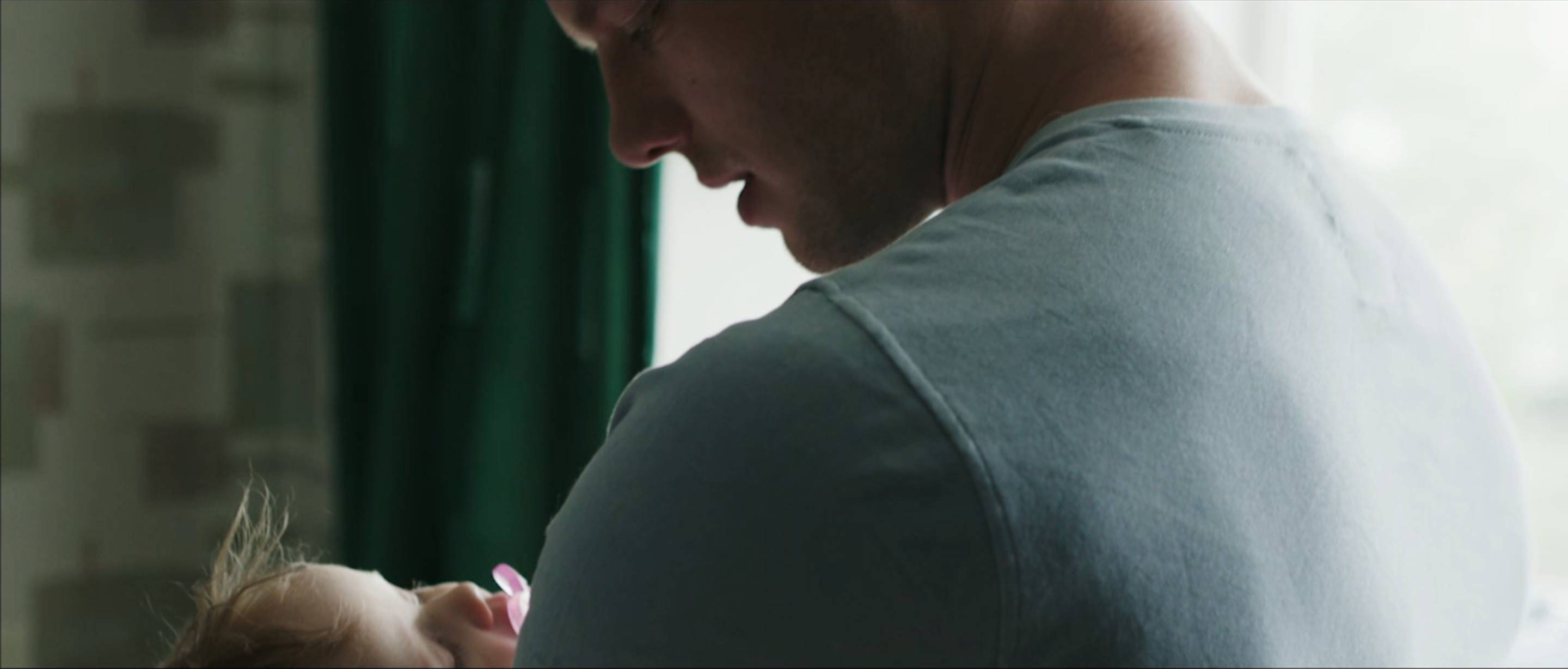Can the film submitted by Estonia to the Oscar competition suggest that fatherhood and citizenship share the same spiritual foundation?
Estonia has submitted Liina Triškina-Vanhatalo’s drama, “Take It or Leave It” (“Võta või jäta”), as the country’s entry for the Best Foreign Language Film award. What makes it the right choice to represent Estonia at the next Oscars?
I do believe the film, whose main character is performed by the excellent Reimo Sagor, is a very Estonian movie and that it can beget some reflections about a social and political perspective on modern Estonia.
An Estonian drama
Erik (Reimo Sagor) had no plans but to go on with his job as a construction worker in Finland and getting money to enjoy a couple of beers and some decent one-night stands. One morning, he receives an unexpected call – he has a daughter. As the mother, his ex-girlfriend Moonika, refuses to look after the new-born, he must decide whether he agrees to put the baby up for adoption or to accept legal custody of the child and try to raise her as a single parent. Take it or leave it.
The film deals with many social issues. There is labour migration, which often means the frustration of having a poorly paid job. When the worker is married, then along comes a feeling of solitude for the one who leaves and for the one who stays as well. This can bring about drinking, unfaithfulness and other disruptive behaviours, until the family breaks apart.
The drama is also very Estonian in its representation. The depiction is essential, the dialogues are laconic, the music emphasises the gaze – those Estonian eyes that over the centuries have learned how rage can be dominated by dignity, and how lying can be as harmful as being lied to.
There is something that touches me in the typical Estonian expression, even though I haven’t fully understood the reason yet. That sort of poker face hosts the echo of the Livonian War and the Soviet deportations; the passion for music together with the appreciation of silence; and the humble, thorny solidity of the juniper wood.
There’s something more to this film, though.
When paternity turns into fatherhood
“Ta on täitsa minu nägu” (“She has got my face”). She has my features. This is how Erik explains why Mai cannot be but his daughter. He is full of ill-conceived pride for a likeness that is the primary ground on which he begins to build a relationship with his child.
But the face is not enough. “Take It or Leave It” is the story of a paternity that turns into fatherhood.
Throughout his troubled, painful path, Erik experiences an evolution that leads him to completely overcome the biological data and to make a surprising, overturning decision for himself and his daughter – thus landing so distant from any consideration based on blood.
Along the way, he and his daughter get to know each other. They give each other something that they couldn’t have taken for granted. Erik gives Mai a home; Mai gives Erik a purpose in life. And this changes things irreversibly.
What makes a father? To me, it is the same thing that makes a man: the assumption of responsibility.
Following a night spent at the mercy of a flirty and a quite alcoholic hoot, Erik realises that Mai comes first. Scared of losing her, Erik leaves his selfishness behind and musters all his energy to provide Mai with a safe and respectable environment. He chooses to devote his life to taking care of his daughter.
This is actually what virility means: it is overcoming instincts and presumed needs in order to put one’s moral strength at the service of a higher goal. It means steadiness in one’s resolution and control of natural aptitudes.
So, Erik undergoes not just a psychological change, but a spiritual one as well. By the way, the origin of the name Erik, which derives from Old Norse, tells us about a mix of significances like “one, alone”, but also “ruler, powerful”, and even honour and home. Definitely a virile name.
If we incidentally remind ourselves that in the ancient Roman culture, a woman could also be considered virile (the word “vira”, woman, shares the same root as “vir”, man) as long as she showed the same qualities of courage, reliability and stamina in her conduct, then I think we could take it a step further by saying that the assumption of responsibility is not only the bedrock of fatherhood but also of citizenship.
Father of the nation
Citizenship is also, in fact, not only a matter of blood. It is not about the right surname – even if, of course, a name can be a model and an inspiration, and that’s where the value of history lies. Citizenship is, most of all, a choice that needs to be honoured and renewed every single day. It is a form of devotion. It is the sacrifice of one’s ego, in order to make the nation safe and dignified. It is the effort at its preservation and its constant improvement. In this regard, in my opinion, we can talk about virile citizens – both men and women.
This film can be a suggestion of a conscious citizenship. Erik is an Estonia that grows and evolves. It can stumble but it is determined to stand on its own two feet and keep going. An Estonia that takes responsibility and even the risk of opening its doors, while at the same time protecting its right to defend itself and its achievements from treason and sabotage.
I think being a citizen in this country must be a responsible choice – a choice that creates consequences for which a person is willing to assume responsibility – because by their deeds, citizens make a country look like the place they want for themselves and for their children, while at the same time they make themselves look like the country they have chosen.
Hence, they can say, “This is my country”, because “ta on täitsa minu nägu”.
I
Cover: A screenshot from “Võta või Jäta” (Allfilm).



